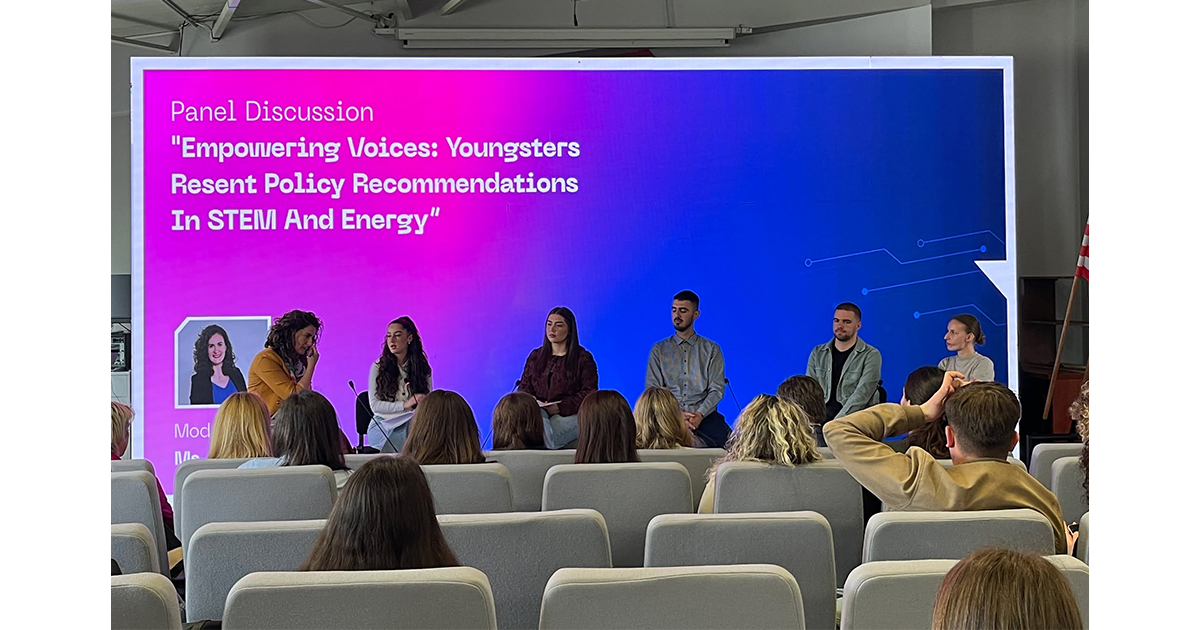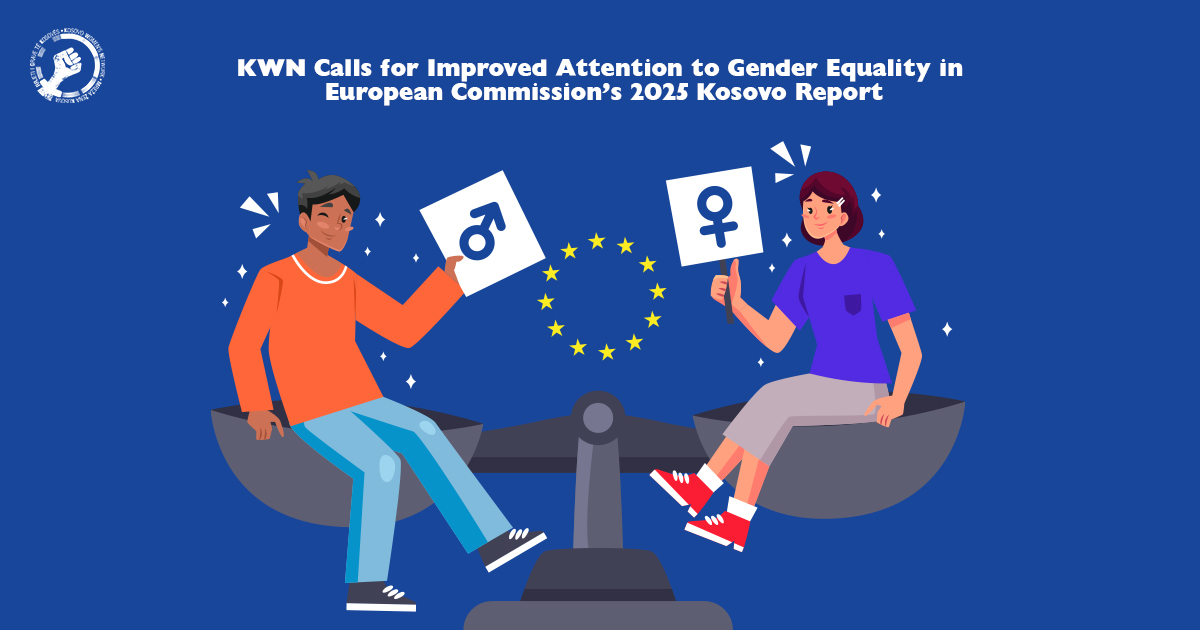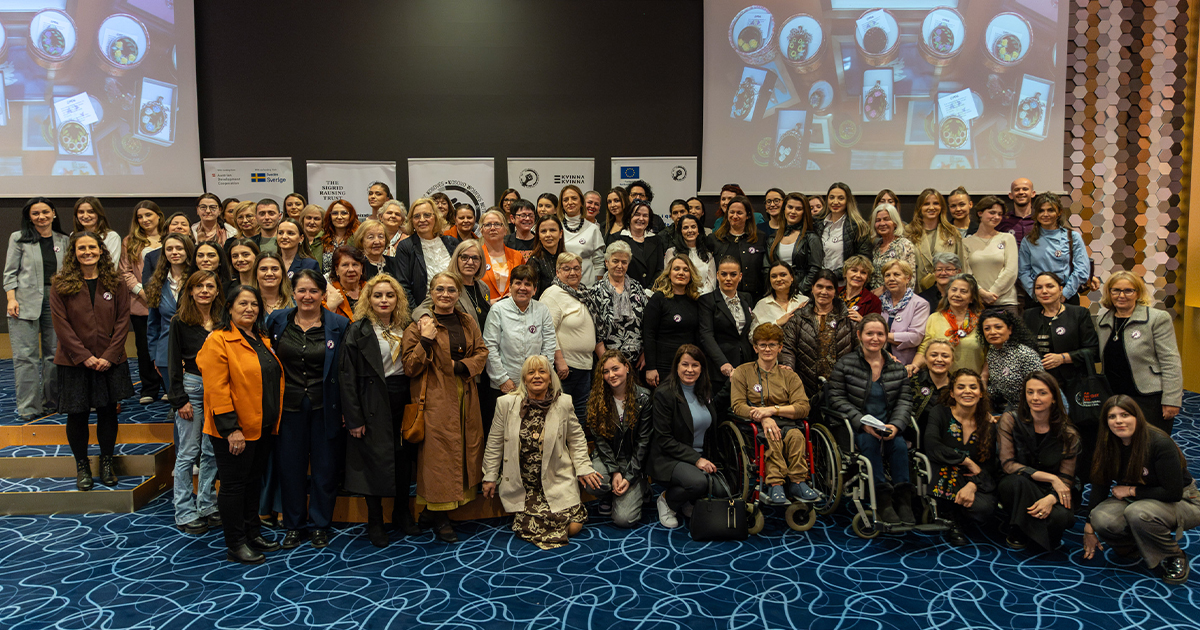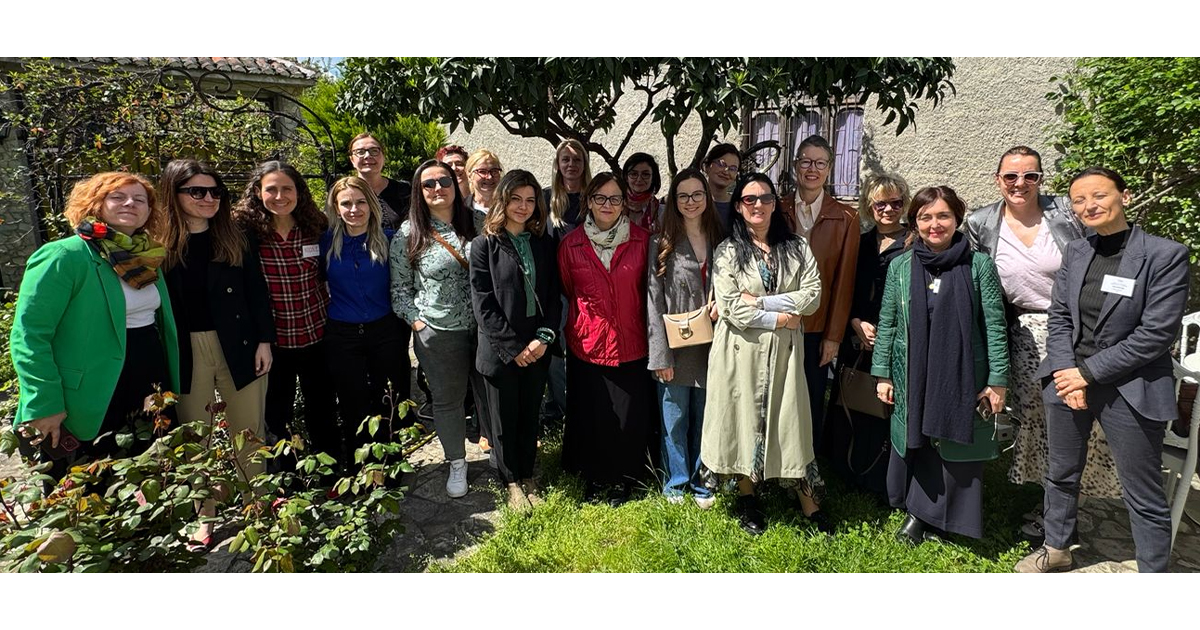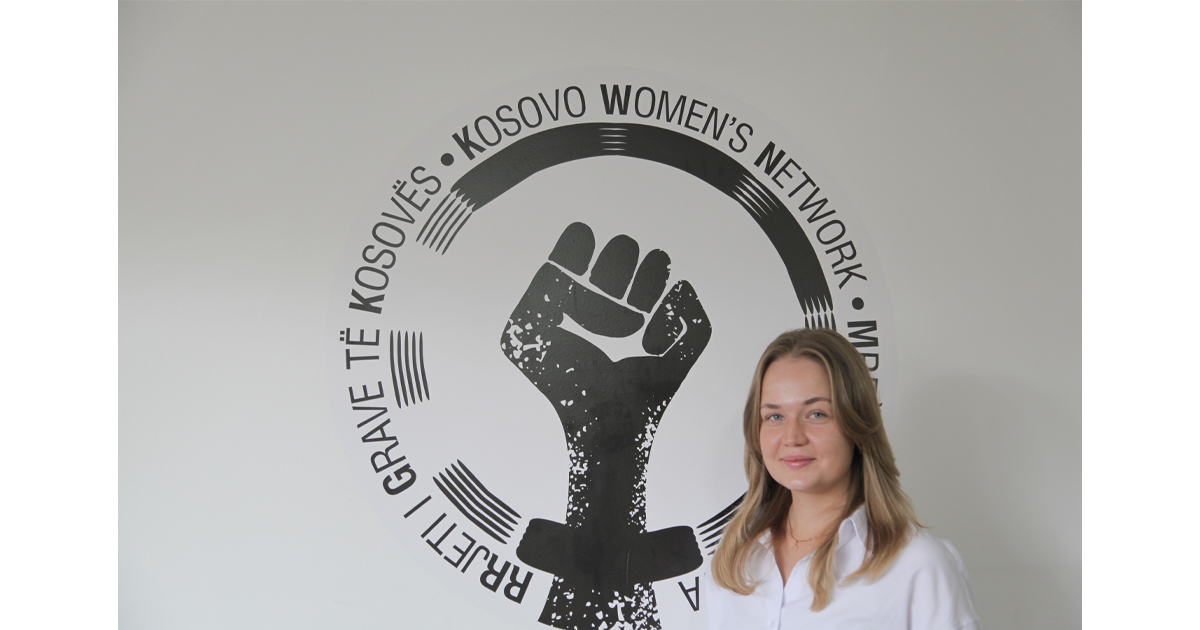The Ideas Partnership (TIP), established in 2009, is dedicated to advancing education, raising awareness, promoting healthcare, and protecting the environment, with a primary focus on minority communities.
From July 2023 to January 2024, TIP implemented the initiative “Empowering Roma, Ashkali, and Egyptian Women and Youth in Advocacy and Health Education,” focusing on the municipality of Fushë-Kosovë and Janjevë—two areas with significant minority populations, often marginalized and isolated.
Through this initiative, TIP continued its longstanding work by conducting activities aimed at raising awareness about early marriages within minority communities, fostering education and economic independence—particularly for girls from these communities—supporting their educational journey, and ensuring early childhood education starting from preschool.
Some of the core activities within TIP’s initiative, which align with the organization’s daily efforts, include the Girls’ Club, educational and health awareness activities, young social workers, and literacy/parenting classes.
Additionally, youth advocacy and mini-projects played a crucial role in this initiative, contributing to the development of a policy brief on Roma, Ashkali, and Egyptian women’s access to healthcare services during the pandemic.
The Girls’ Club, established to educate and raise awareness among young girls about early marriages, emerged from a TIP-conducted study in 2016, which found that 65% of surveyed girls were married before turning 18, with 35% marrying before the age of 16.
To reduce the prevalence of early marriages, the Girls’ Club serves as a social space where girls can learn and engage in non-formal education, increasing their awareness of the consequences of early marriages and the importance of economic independence.
“By sharing stories and providing these girls with role models—women and girls who have built better lives for themselves through education—we aim to offer them alternative perspectives beyond the traditional examples they often see in their families,” explains Elza Luzha Bacaj, TIP’s Volunteer and Visibility Coordinator.
During this initiative, the Girls’ Club hosted discussions and experience-sharing sessions with activists, successful women, and professionals—some from minority communities—who have prioritized education and economic independence, serving as role models for participating girls.
“We have had girls and women who have achieved something significant. Even girls from the community itself who have become role models for other participants!” Bacaj adds.
As a result of TIP’s initiative, over 100 girls became more aware of early marriage practices and the cultural traditions associated with them. This marks an important step in raising awareness and improving conditions for girls from minority communities.
Educational and Health Awareness Activities
Through this activity, women in Fushë-Kosovë and Janjevë received valuable information from a midwife engaged by TIP. She provided guidance on pregnancy, psychological well-being during and after pregnancy, postpartum depression, and various health-related concerns based on their individual needs and experiences.
Health Coordinator and midwife Mirnije Gojnovci actively answered numerous questions and provided counseling on family planning, essential vitamins, and protective health measures upon request.
Over 110 women and mothers gained essential knowledge about pregnancy phases, including access to healthcare institutions and services they are entitled to receive. This initiative significantly contributed to improving their health and well-being, as well as that of their children.
This initiative aimed to empower young people from minority communities by equipping them with knowledge and skills to understand their communities’ needs and become agents of positive change within them.
It is crucial for these communities to have adequate representation in institutions and to have advocates from within their own communities who understand their specific needs.
More than 45 young people actively engaged in efforts to enhance the representation of Roma, Ashkali, and Egyptian communities in institutions such as the Centers for Social Work. Their involvement has strengthened the voice of these communities in decision-making processes.
Literacy and Parenting Classes
These classes, held near TIP centers in Fushë-Kosovë and Janjevë, provided basic literacy, reading, and numeracy lessons to mothers in these neighborhoods. Many women from various minority communities in these areas had to abandon their education at an early age. Offering them these learning opportunities is essential, enabling them to gain knowledge and support their children’s education.
“Both the mothers and their children benefit. Mothers attend parenting sessions while their children are in preschool. This helps them break the daily routine of household chores and other responsibilities,” explains Elza Luzha Bacaj.
She further adds, “We have observed that lack of education in these communities often stems from the absence of a structured routine—waking up, going to school, and staying for the full schedule. This is why TIP’s preschool initiative was introduced—to help children as young as three develop habits that will ease their transition into formal schooling.”
For many of these women, a strong motivation for attending literacy classes is their desire to ensure their children do not face the same challenges they did.
As a result of TIP’s initiative, more than 75 women received literacy and numeracy certifications, enhancing their chances of integration and improving their economic opportunities.
Through this initiative, young people from Fushë-Kosovë and Janjevë took the lead in identifying and addressing pressing community needs.
“During one of the Girls’ Club meetings in Fushë-Kosovë, participants highlighted the financial difficulties they face in purchasing hygiene products every month. This led to their initiative of providing sanitary pads to women and girls in their neighborhood, offering at least a month of relief,” shares Elza Luzha Bacaj.
Seeing the challenging conditions in their community firsthand had a profound impact on the young people involved.
In Janjevë, young participants identified families in extreme economic hardship, particularly those with children facing health issues, and provided them with essential food packages and medications.
At the conclusion of this initiative, TIP published a policy brief based on research findings, offering recommendations to relevant institutions. This policy document aims to improve access to and delivery of healthcare services for women and minority communities.
TIP’s initiative has played a significant role in advocating for women’s healthcare rights by raising community awareness and providing essential information. The organization recognizes that impact within these communities is gradual and requires long-term engagement. However, their unwavering dedication and consistent efforts are evident in every aspect of their work.
This initiative was supported by the Kosovo Women’s Fund with a grant of €9,998.00, financed by the EU COVID program.


